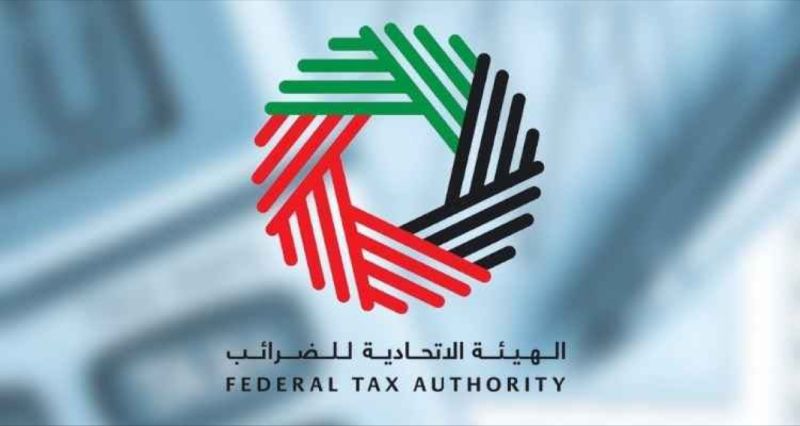Your Trusted Partner in Financial Excellence
Accurate, Reliable, and Compliant Solutions for Your Financial Needs at MAF Business Group!
Accounting & Bookkeeping
Businesses are increasingly looking for integrated solutions that are tailored to their specific needs. We conduct system study
Value Added Tax
For your own business, the annual audit can sometimes feel like a time consuming and expensive process that only benefits
Corporate Tax
Lorem Ipsum has been the industry's standard dummy text ever since the 1500s, when an unknown printer took a galley
External & Internal Audit
Accounts are important from an individual´s / company´s prospective. Not only provide the information about

who we are
MAF Auditing, Accounting & Consultancy
Welcome to MAF Business Group, your trusted partner in accounting, auditing, and taxation. Our team of experienced professionals is dedicated to providing you with accurate, reliable, and compliant financial solutions. We understand the importance of timely and informed financial decisions, and we are committed to helping you achieve your business goals.
Why Choose Us:
Experience
Our team has extensive experience in accounting, auditing, taxation, and consultancy
Expertise
We possess specialized skills and knowledge in our services
Personalized Service
We tailor our services to meet your unique business needs
Quality
We commit to delivering high-quality services
Pricing
Competitive pricing without compromising on quality
Our Services
The work process of accounting solutions
Corporate Finance Solutions
At MAF Business Group , we provide comprehensive corporate finance solutions to help your business thrive. Our team of experienced professionals offers expert advice and guidance on all aspects of corporate finance, from raising capital to managing risk.
Statutory Audit & Assurance
Our external auditing services provide independent and objective assurance on the accuracy and reliability of your financial statements. Our team of experienced auditors conducts thorough examinations of your financial records and internal controls to ensure compliance with regulatory requirements and industry
Internal Audit & Control
Our internal audit and control services help you evaluate and improve the effectiveness of your organization's internal controls, risk management processes, and governance practices. Our team of experienced professionals provides independent and objective assurance on the reliability of your financial reporting, operational efficiency, and compliance with laws and regulations.
Fraud Risk Examination
we provide fraud risk examination services to help you identify and mitigate potential fraud risks in your organization. Our team of experienced professionals uses a risk-based approach to detect and prevent fraudulent activities, ensuring the integrity of your financial statements and operations
Marketing Research
Our marketing research services help you gain a deeper understanding of your target audience, industry trends, and market dynamics. Our team of experienced researchers provides actionable insights to inform your marketing strategy, product development, and business growth.
Management Consultancy
Our management consultancy services help organizations improve performance, efficiency, and profitability. Our team of experienced consultants provides expert guidance on strategy, operations, and organizational development.
Corporate Tax
We provides an in-depth look at corporate tax in the UAE, its implementation, implications, and key considerations for businesses.
Value Added Tax
We provides an in-depth look at the various aspects of VAT in the UAE, including its structure, implications, and key considerations for businesses and consumers.
Excise Tax
We provides detailed information on the UAE excise tax, its scope, rates, registration process, compliance requirements, and its impact on businesses and consumers.
Get the Details - Download Our Brochure Now!
Nonprofit Organization
Manufacturing
Contracting & Constructions
Real Estate
Interior Decoration
School & Education Institution
Our Priority
We Provide Services to All Sectors
At MAF Business Group, we provide professional services to a diverse range of industries and sectors. Our expertise is not limited to these sectors, and we are always eager to expand our knowledge and experience into new areas.
Get in touch with us today to learn more about our industry expertise and how we can help your organization achieve its goals.
Having Trouble Evaluating Your Finances?
State of Affairs
Keeping you informed on tax laws and financial trends



Testimonials
Real stories of success and satisfaction
Blog
Latest News







Newsletter Subscribe
Lorem ipsum dolor sit amet, consectetur adipiscing elit. Ut elit tellus, luctus nec ullamcorper mattis, pulvinar dapibus leo.







